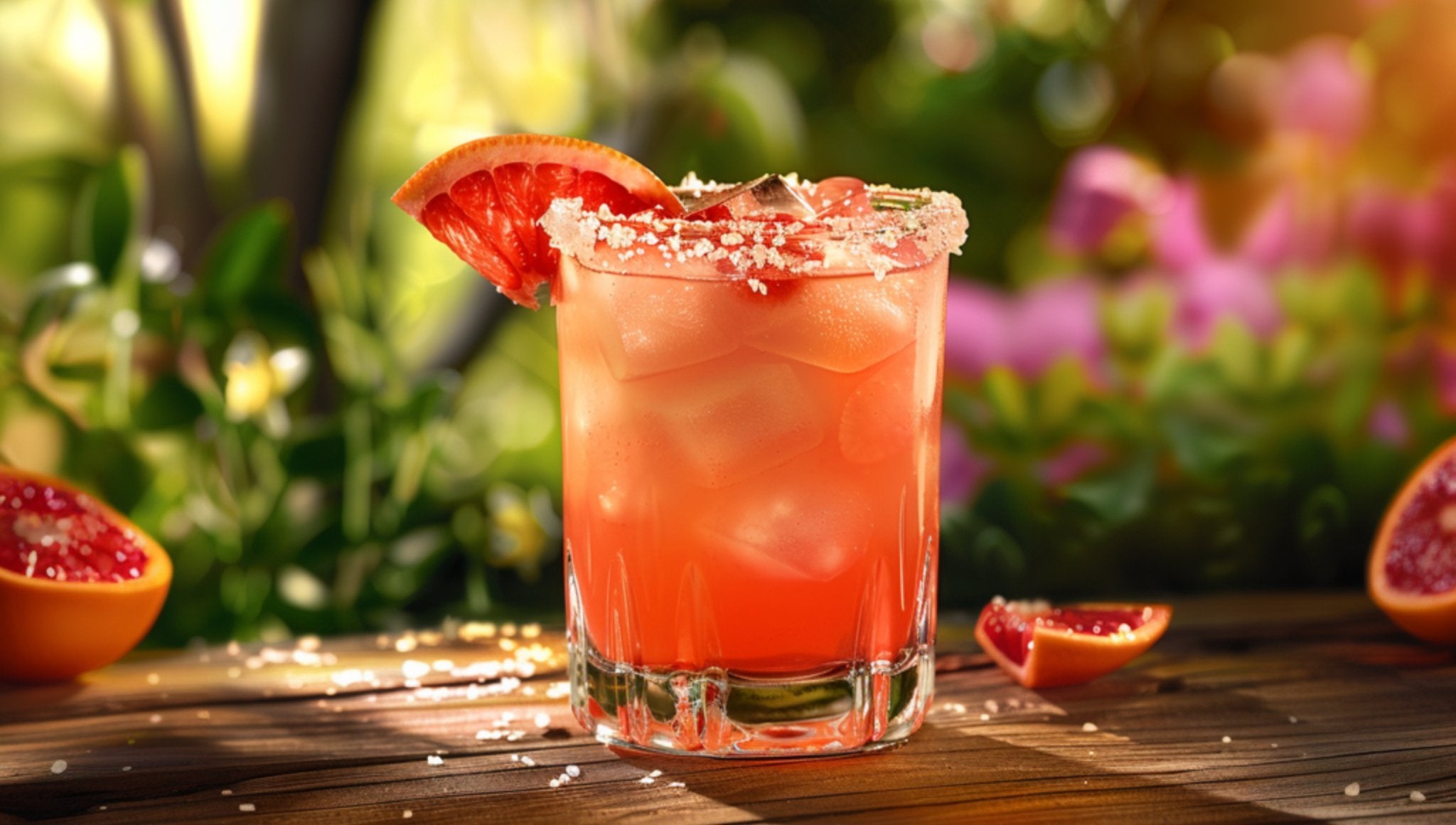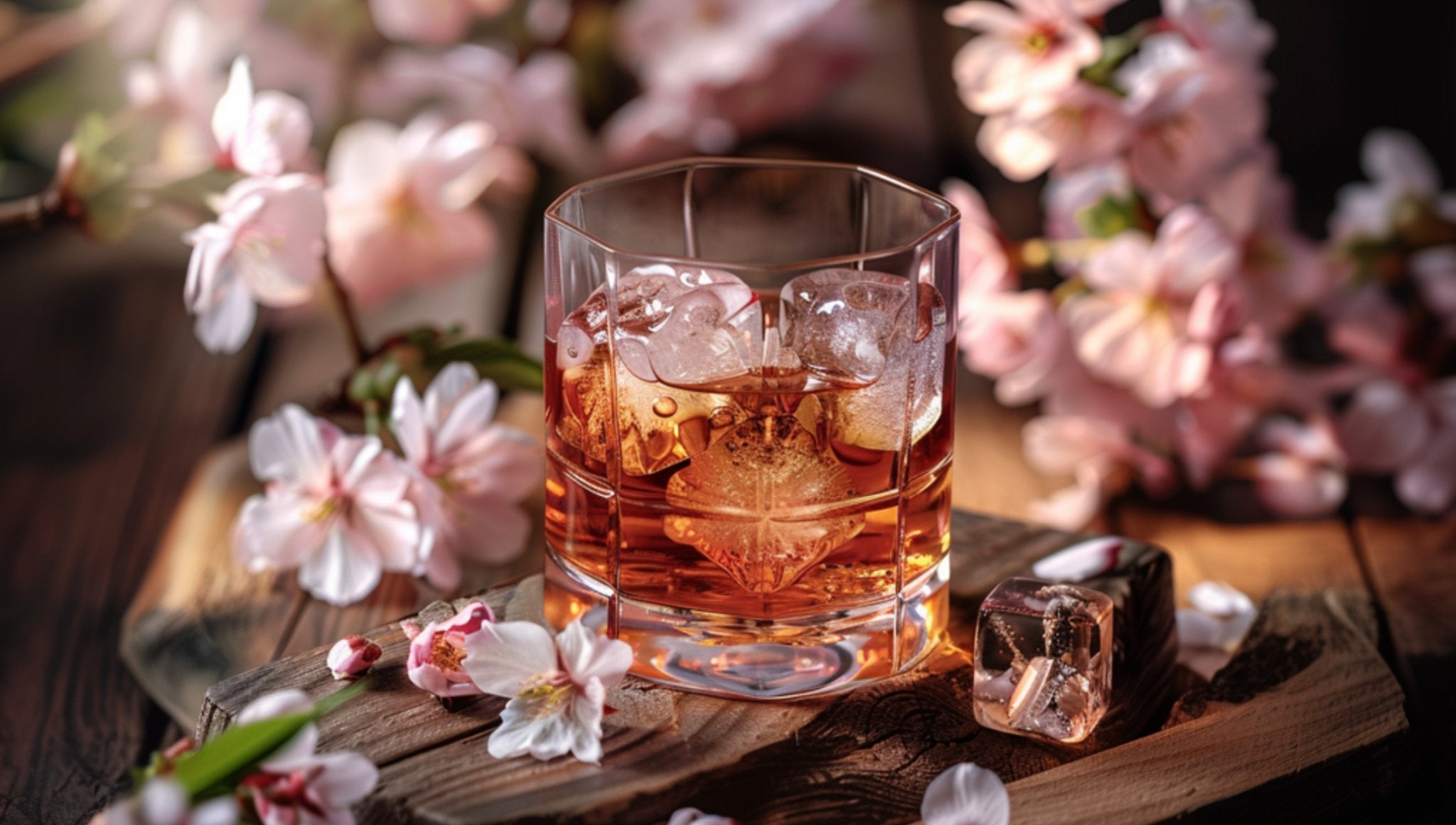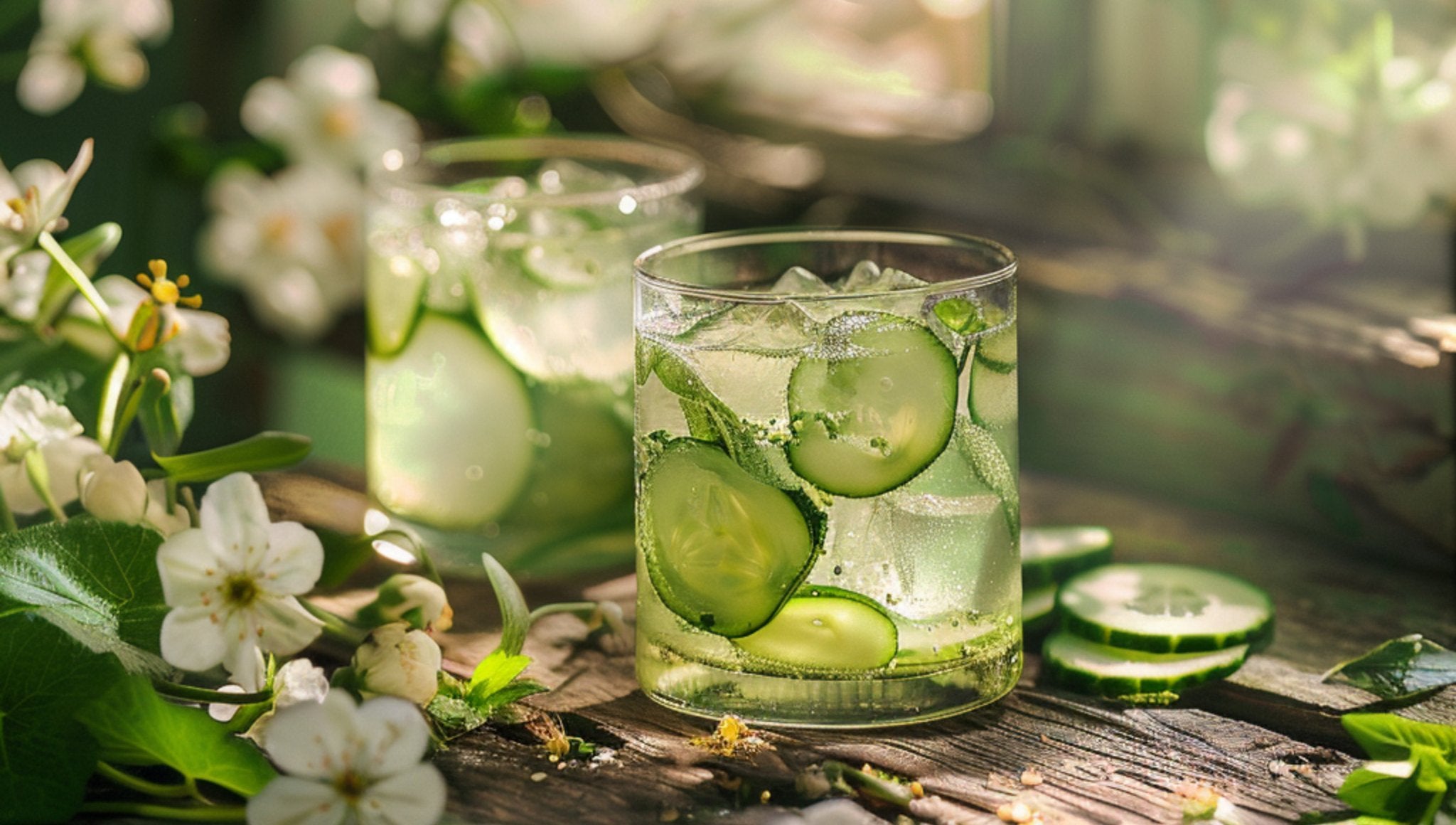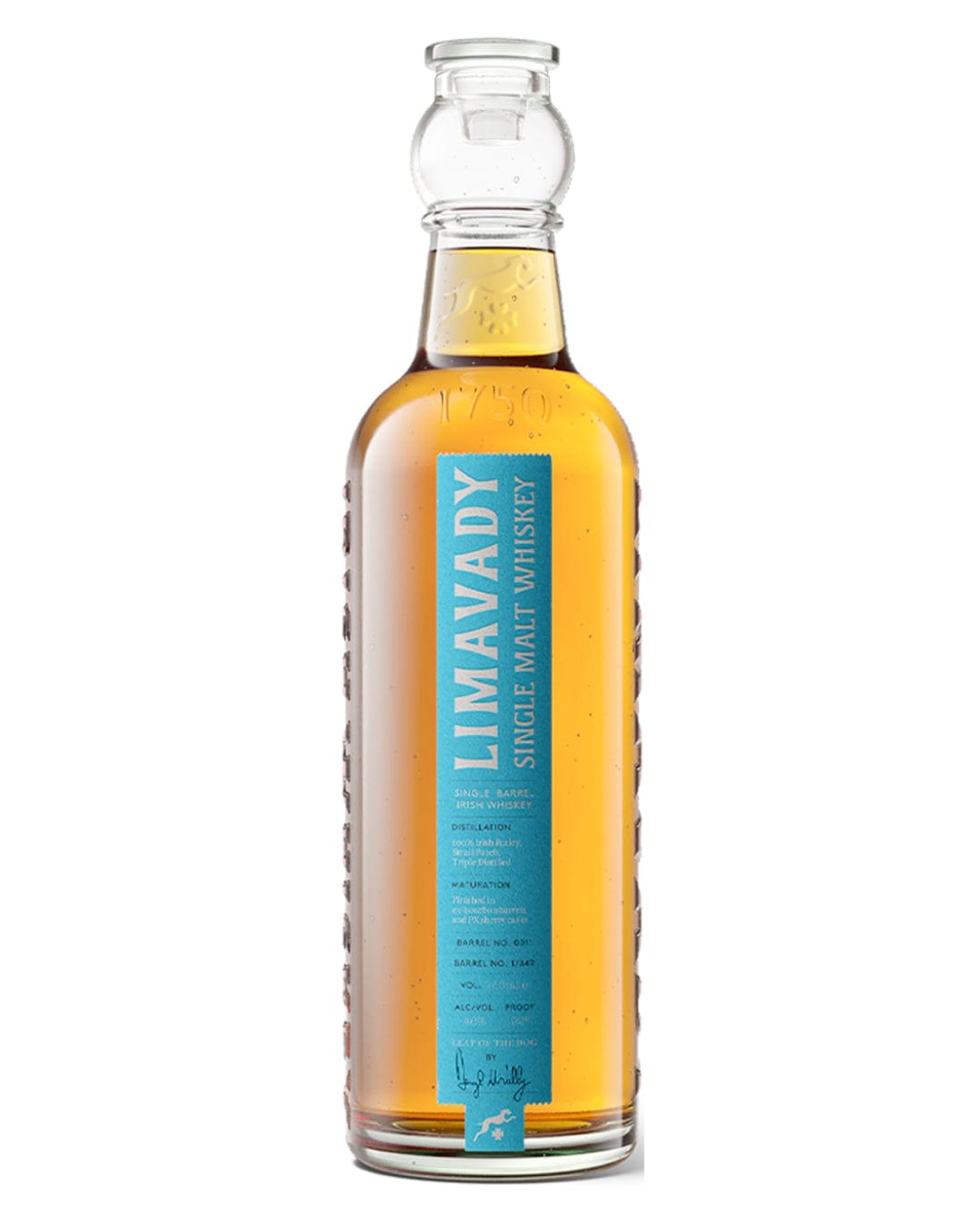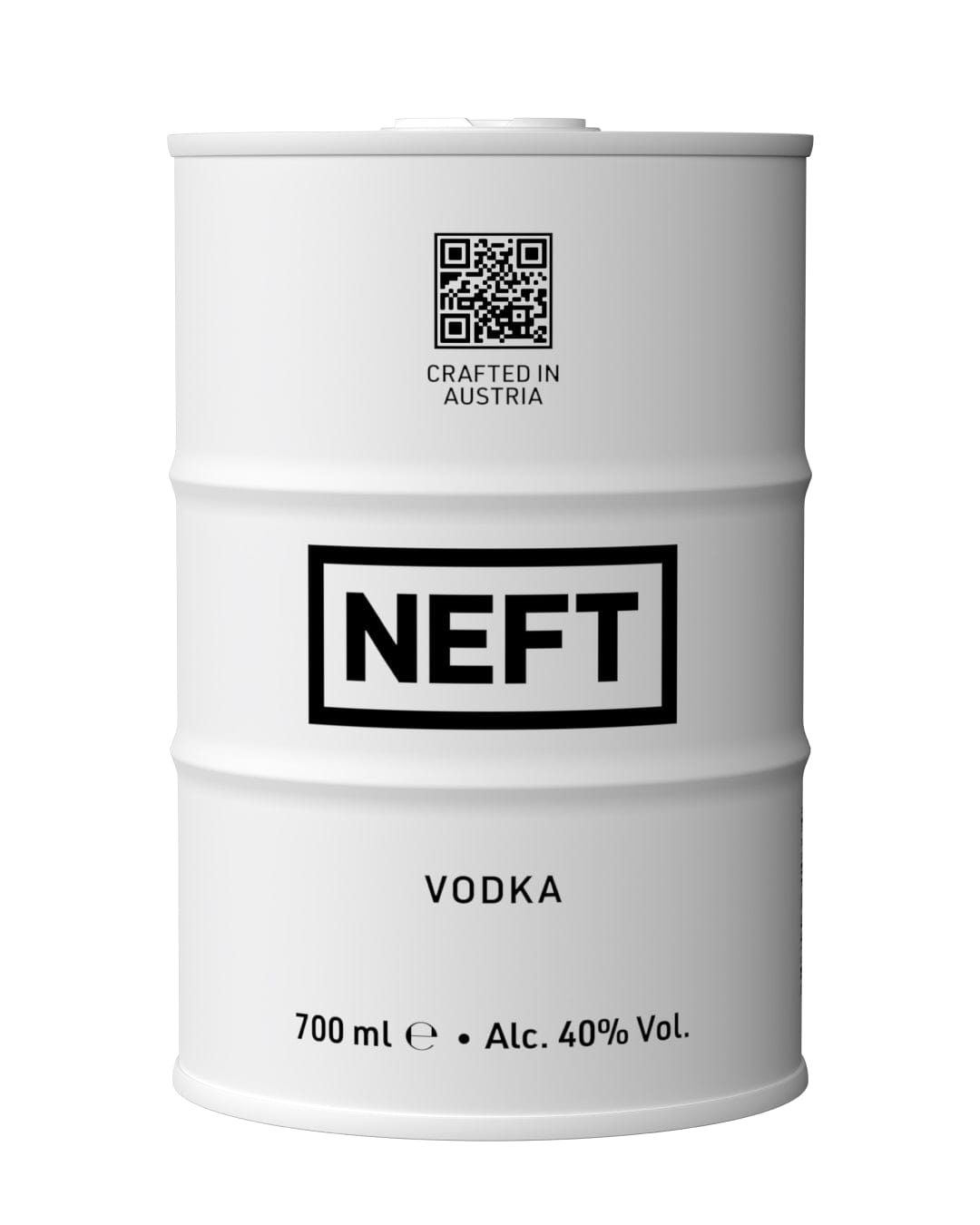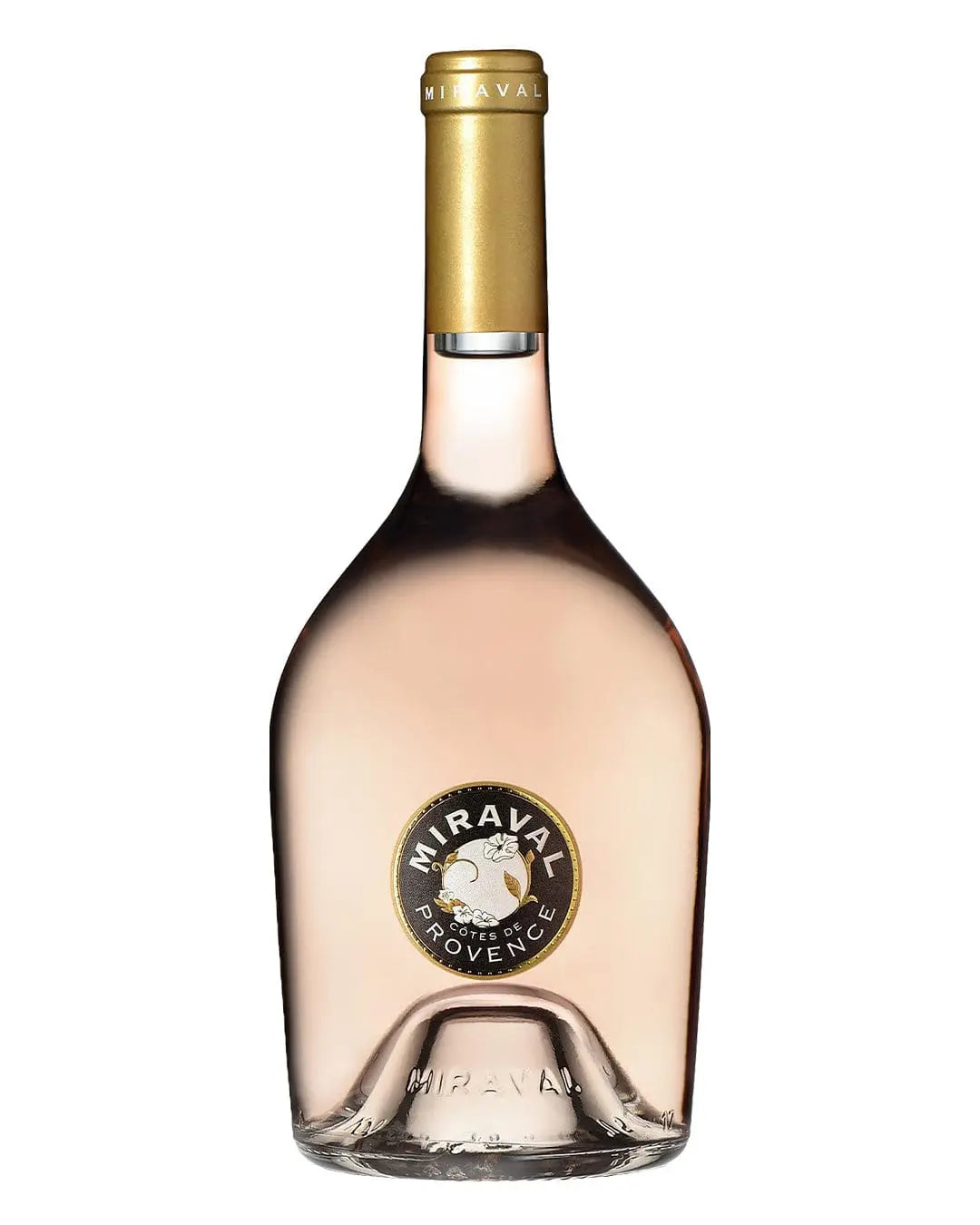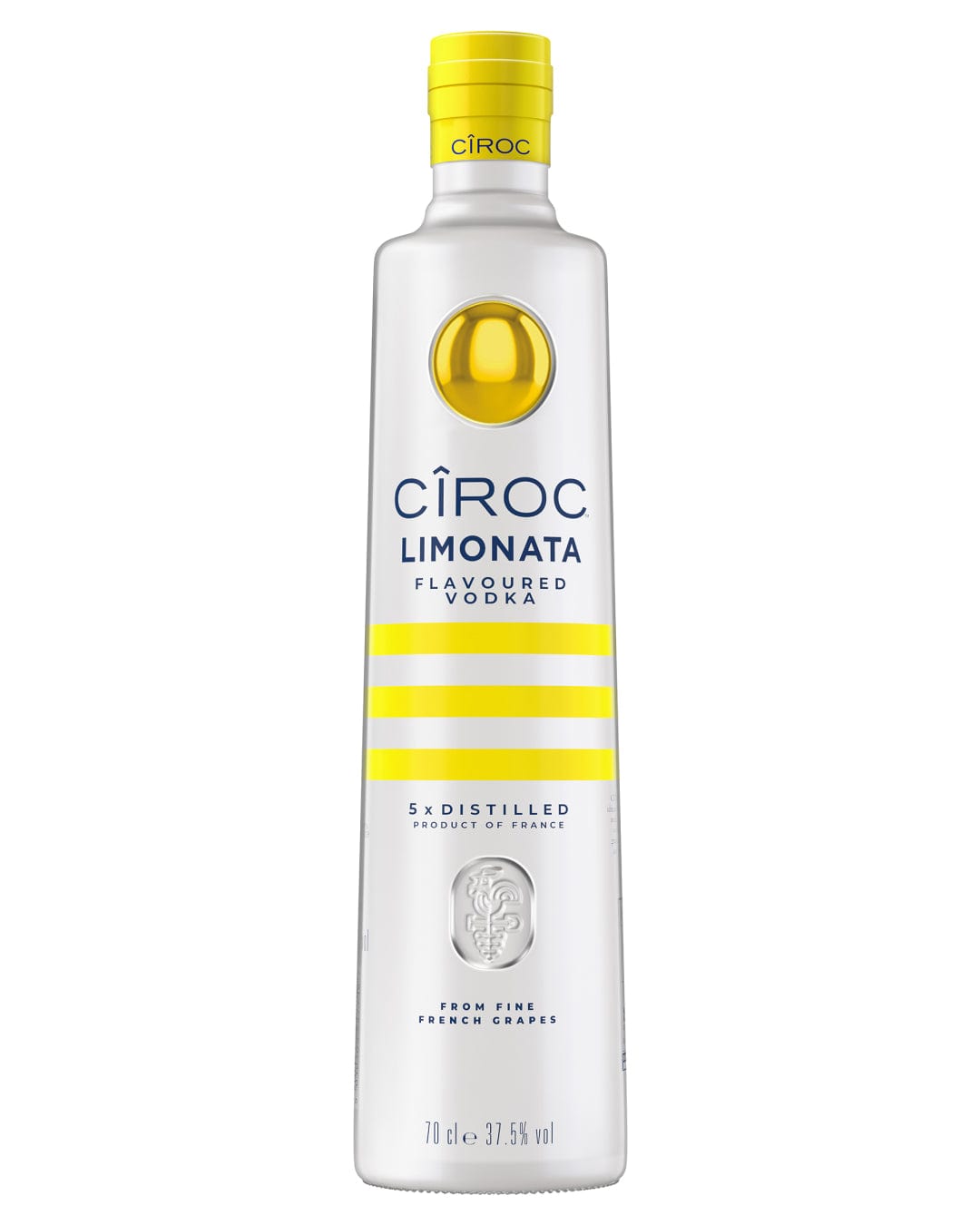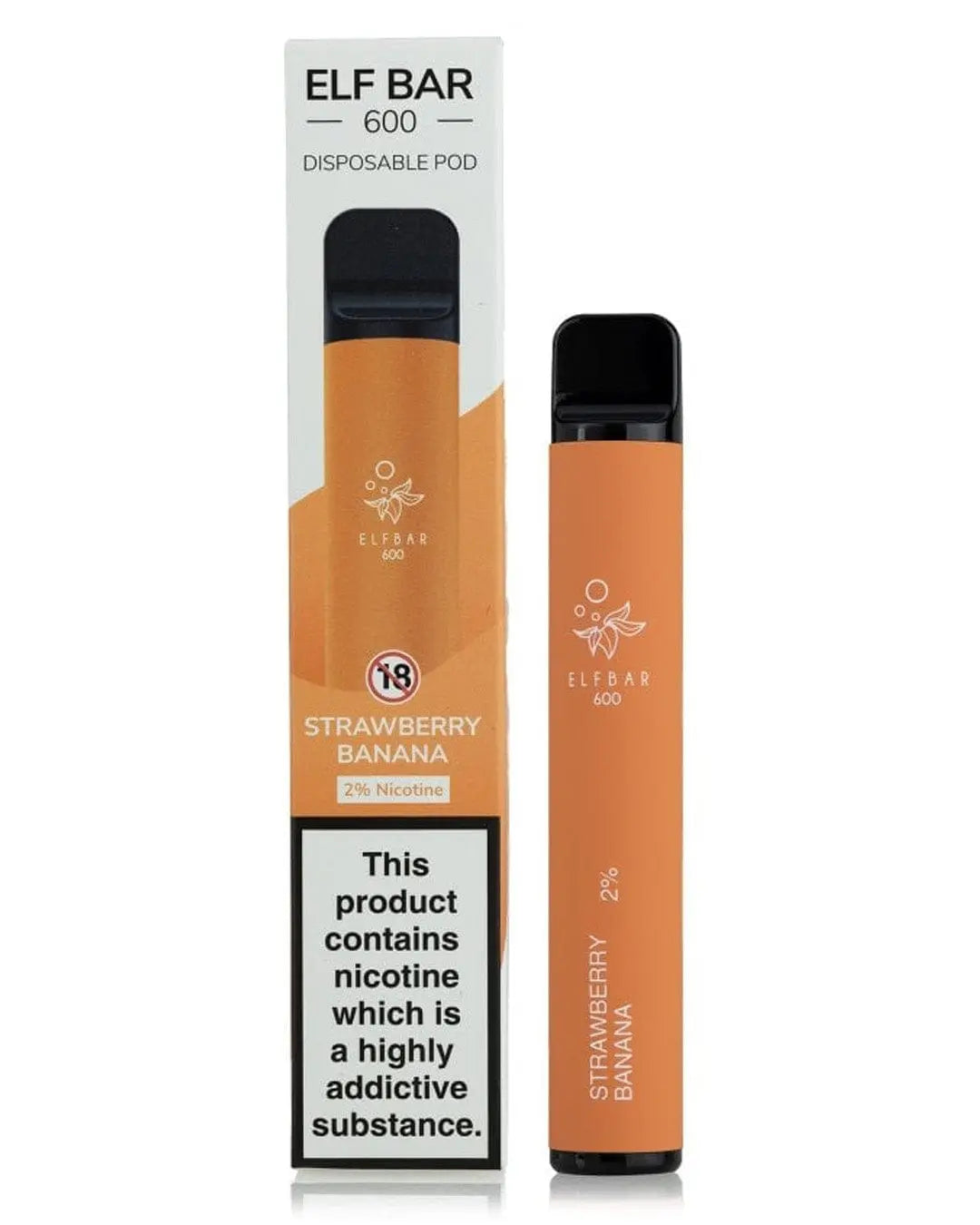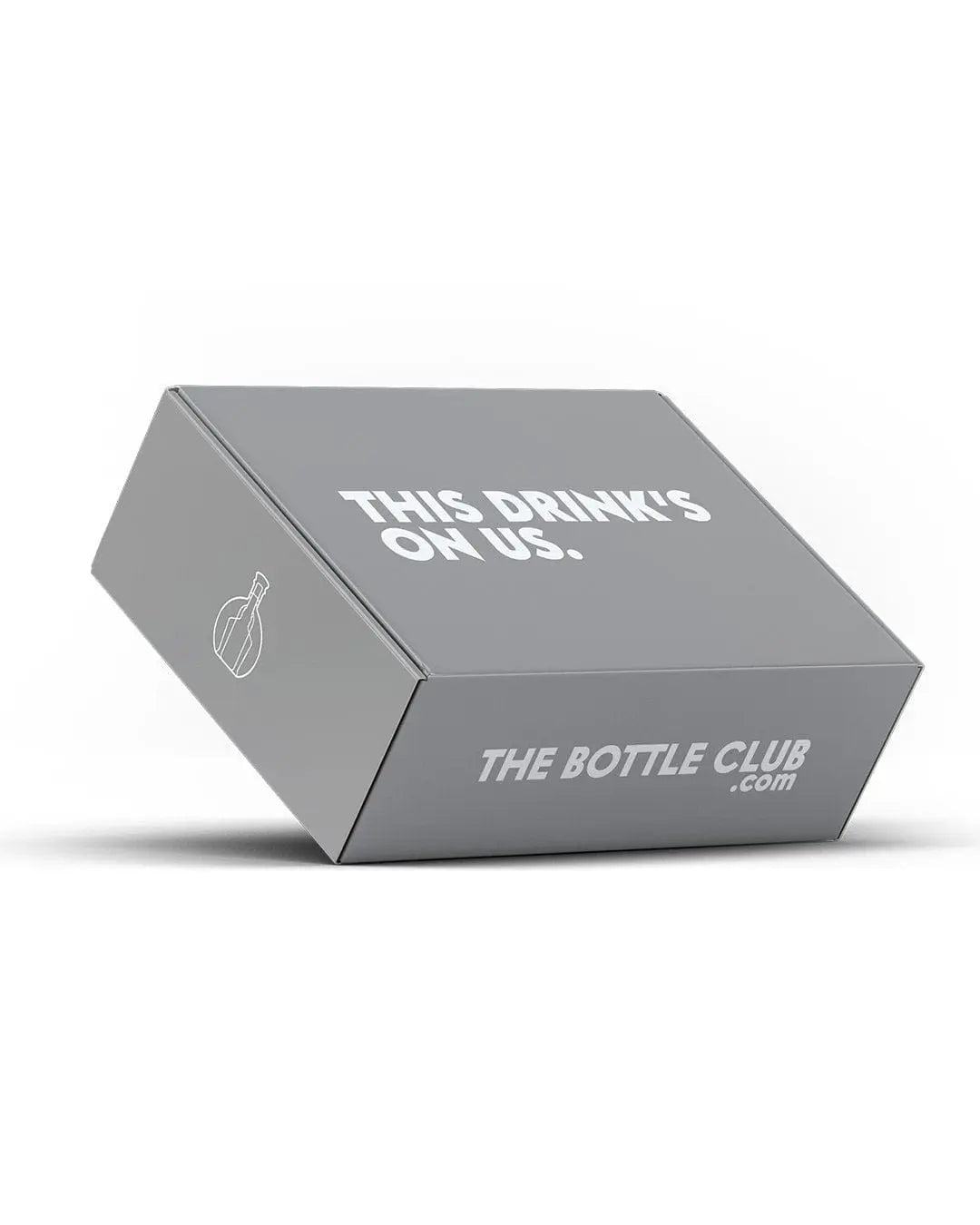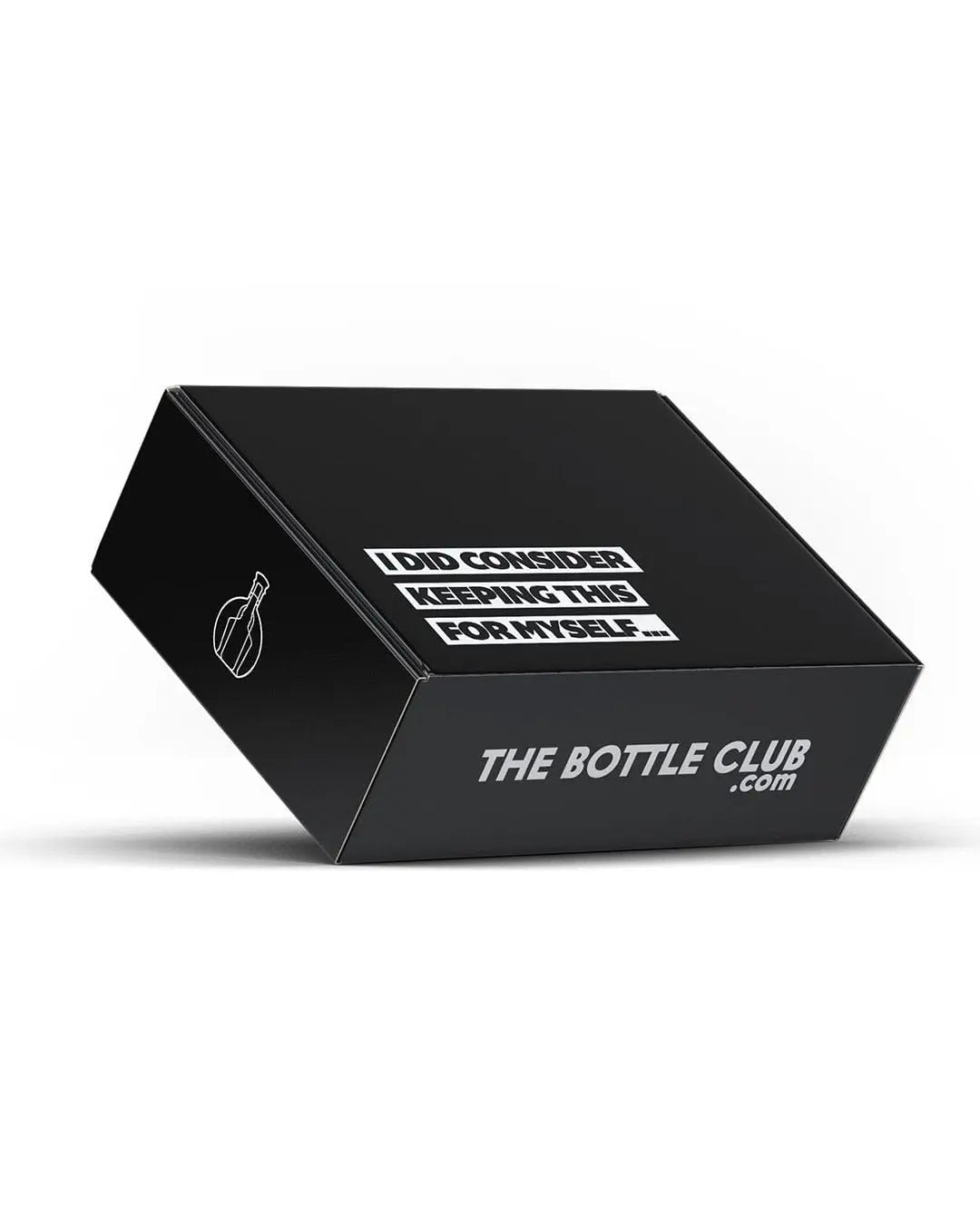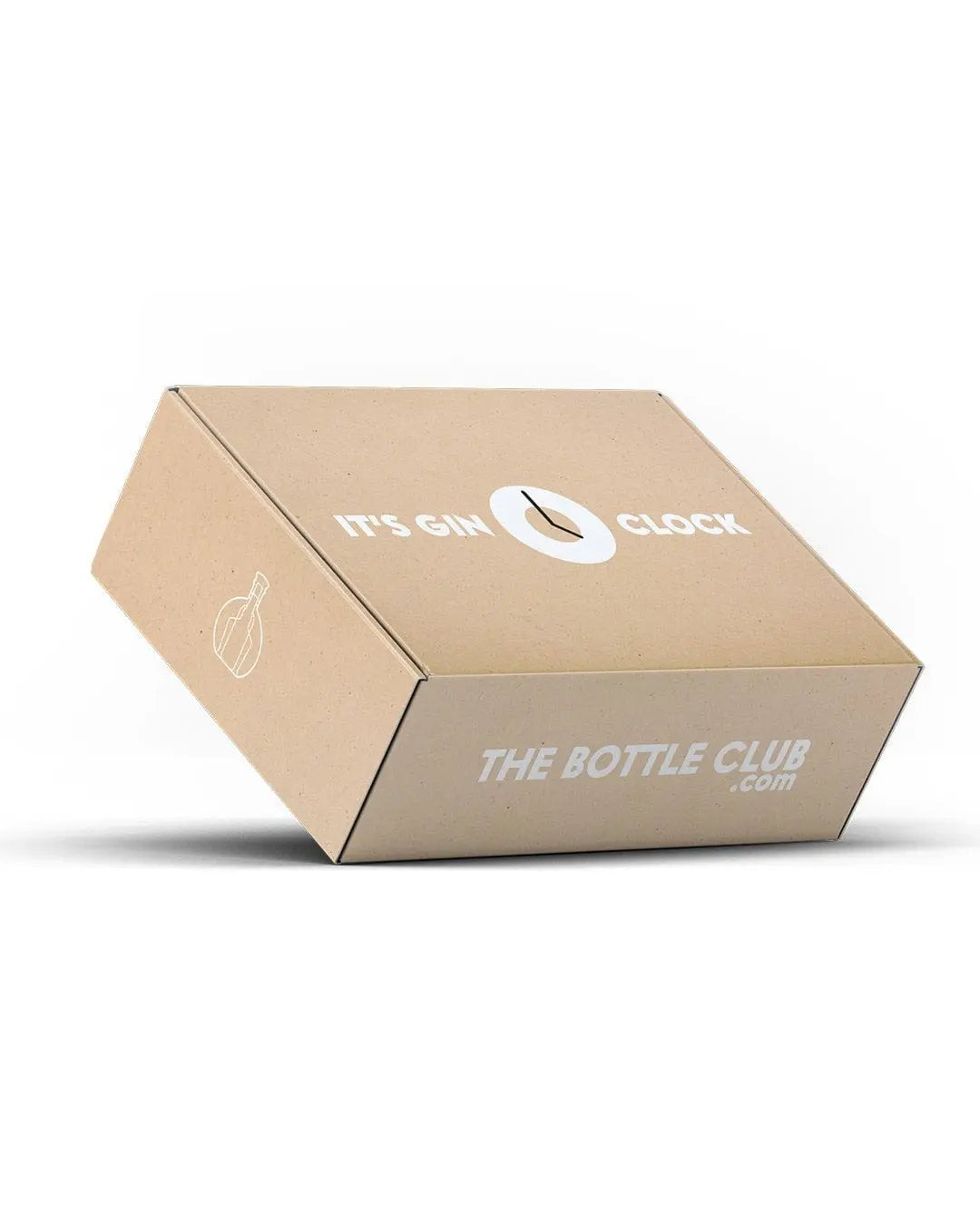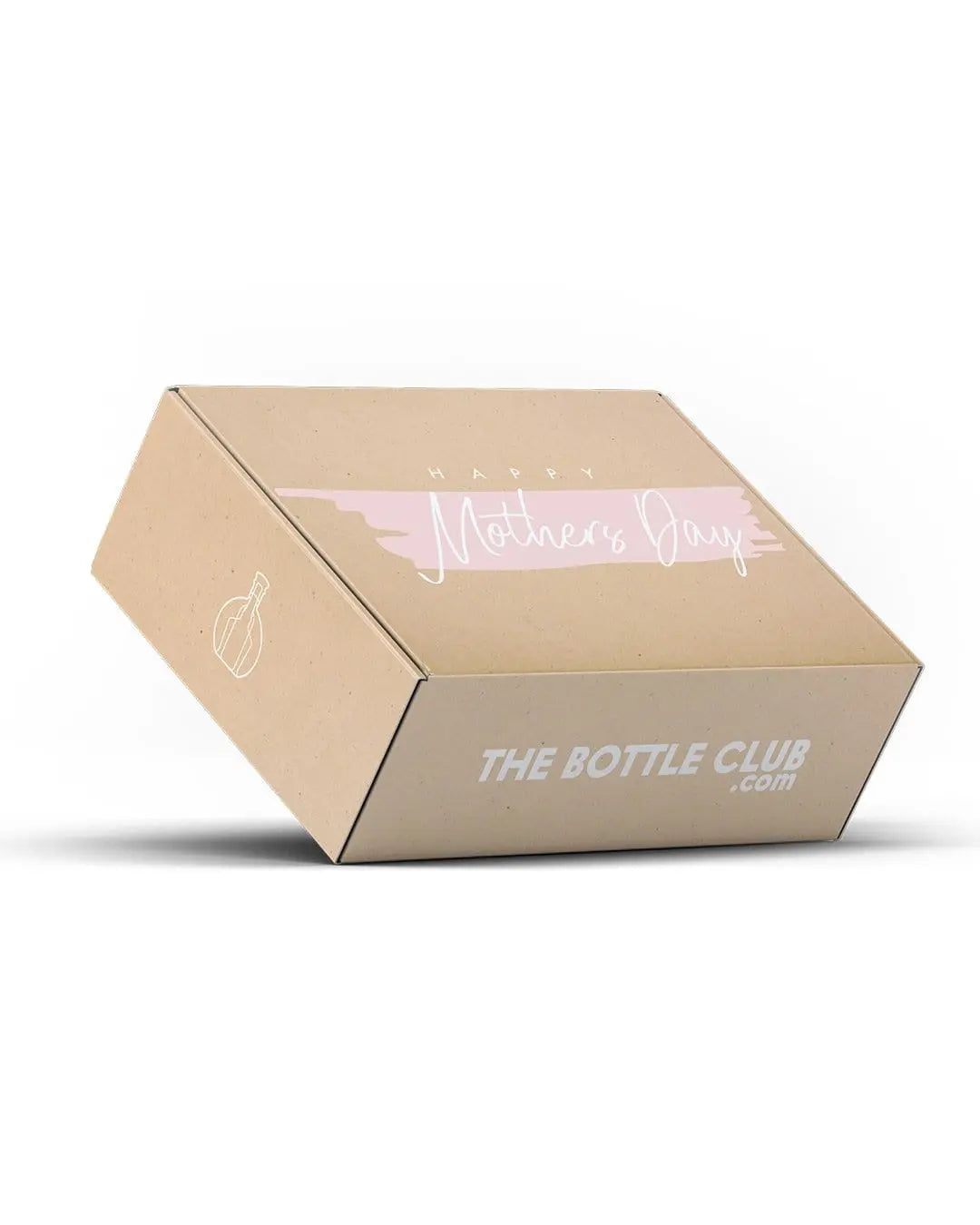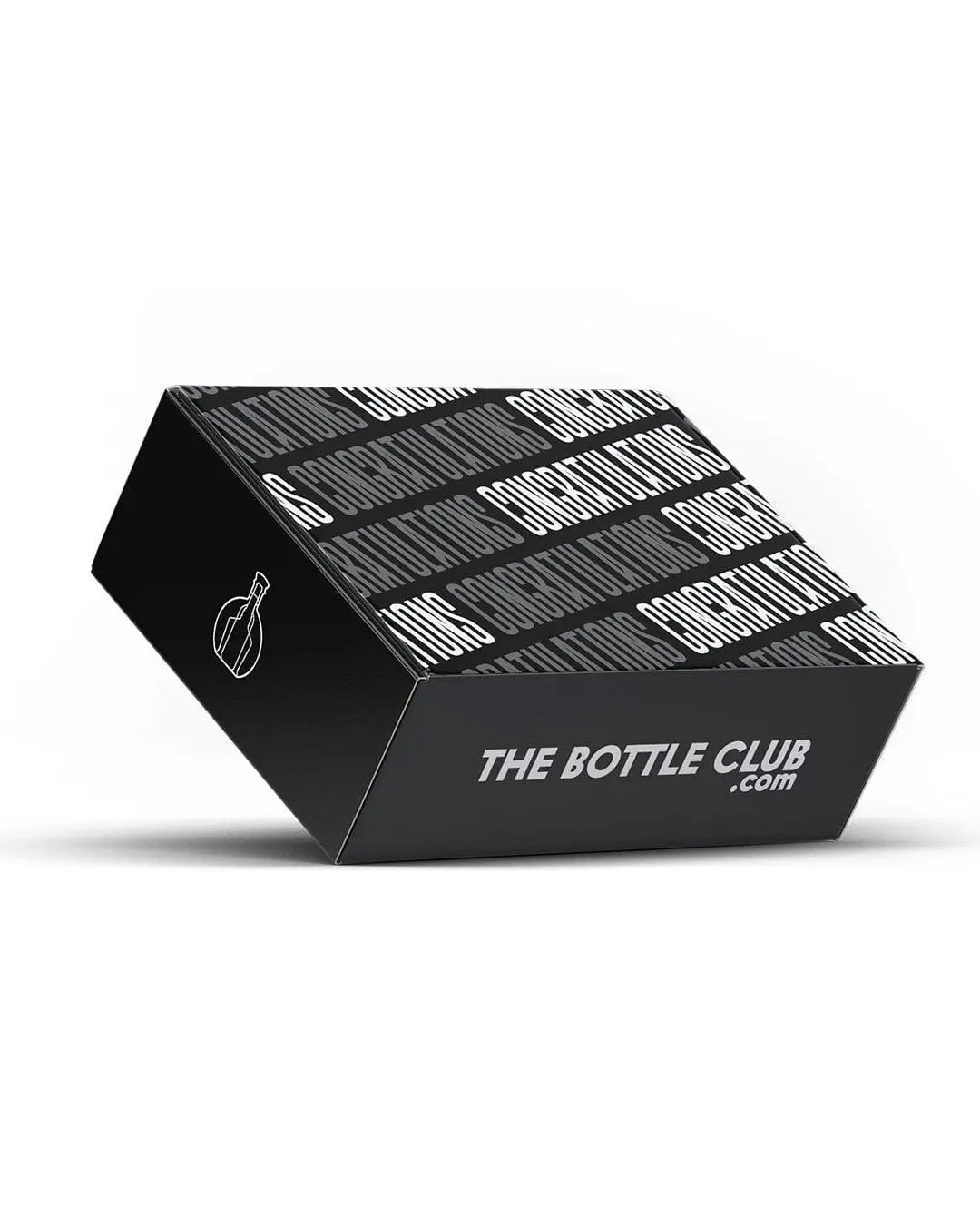How Gin Met Tonic: The History of the G&T
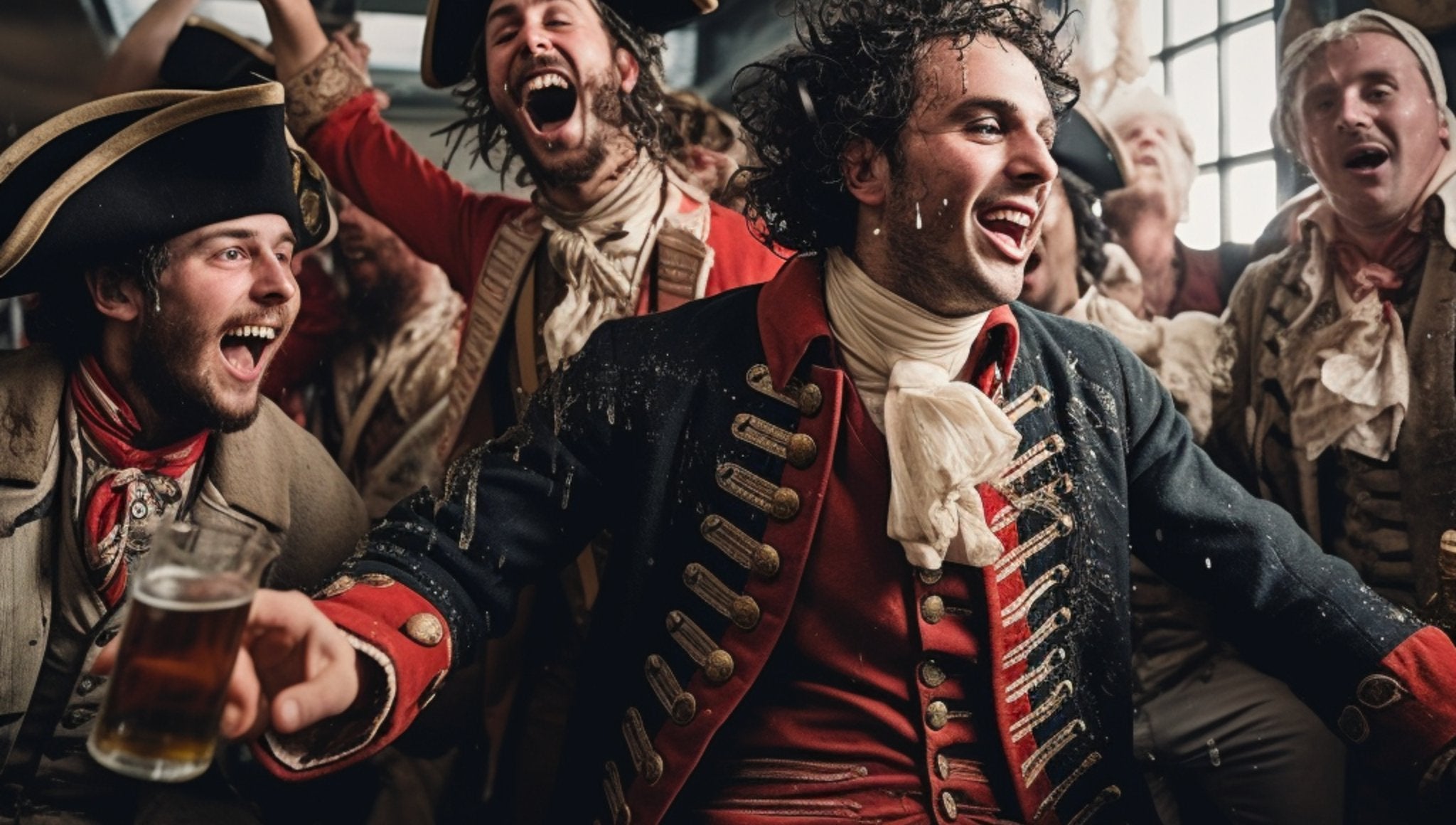
Ever wondered why G&T tastes so damn good? As we approach National Gin and Tonic Day on October 19th, it's the perfect time to delve into the origins of this iconic duo. When two ingredients like gin and tonic come together to form a beverage that’s become emblematic of leisurely summer evenings, vibrant parties, and colonial history, it piques our curiosity. How exactly did gin meet tonic?
From Triumph to Tribulation
The British Empire's success was not without its challenges. As the British troops reveled in their triumph over India, specifically after the defeat of Tipu in 1799, their joy was short-lived. The once-celebratory setting of Srirangapatnam, Tipu’s capital, soon became a breeding ground for malaria due to its marshy environment. While the local Indian population had developed immunity over centuries, the unacclimated Brits found themselves ill-equipped to handle the mosquito menace.
Quinine to the Rescue
Around the same time, Europe had discovered the medicinal benefits of Quinine, a remedy that could counter the debilitating effects of malaria. The British army quickly imported it in vast quantities for their troops in India, with a small caveat: it was very bitter. The same British soldiers who'd face any peril in battle balked at the idea of swallowing this bitter medicine.
Gin & Tonic: An Unexpected Alliance
And that's where gin entered the scene. Recognizing the reluctance of their troops to take quinine, the top British officers concocted a plan. By mixing the bitter quinine with juniper-based gin, they found the bitterness was significantly curtailed. This blend not only made the medicine palatable but, over time, enjoyable. Thus, the gin and tonic was born. While initially a medicinal solution, this ingenious cocktail soon became a staple in the daily lives of British soldiers. Before long, G&Ts transitioned from a health necessity to the cocktail king, celebrated far and wide.
A Lasting Legacy
The drink's widespread adoption also had significant implications for the local economy. Recognizing the ever-increasing demand for gin, the British East India Company built several breweries in Bengaluru. These breweries were instrumental in meeting the soldiers' needs, and their legacy continues today. Following India's independence, many of these breweries were acquired by Vittal Mallya, forming the foundation for United Breweries in Bengaluru.So, as you raise your glass this National Gin and Tonic Day, take a moment to appreciate the fascinating history behind your drink. A tale of triumph, adversity, ingenuity, and a touch of good old British resourcefulness. Cheers!



